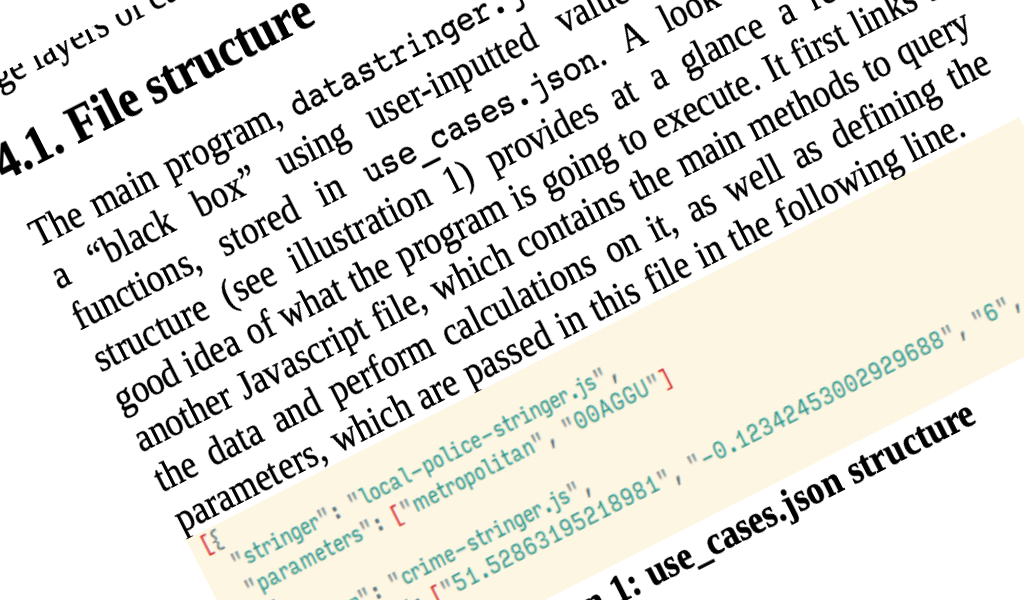I do research in evidentiary standards and cryptographic authentication of evidence for the Starling Lab at Stanford University and USC.
I come from a background of information design and creative technologist, and I’m based in Berlin–though I miss the mountains.
📬 Contact
- ✉️
basile-at-stanford-dot-eduorbasile-at-basilesimon-dot-fr🔐 Keybase - 📞
@basile.42on Signal - 🔗
@basilesimonon some social platforms
/now
The freedom I draw from self-employment is really important to me. My varied interest and work strands don’t make for a snappy soundbite over a family holiday meal, however. Ah well–can’t please everybody. Here’s a short summary of what I’m up to:

Founder, building an evidence and web archiving preservation product for investigative journalists and OSINT professionals, with publishing in mind.
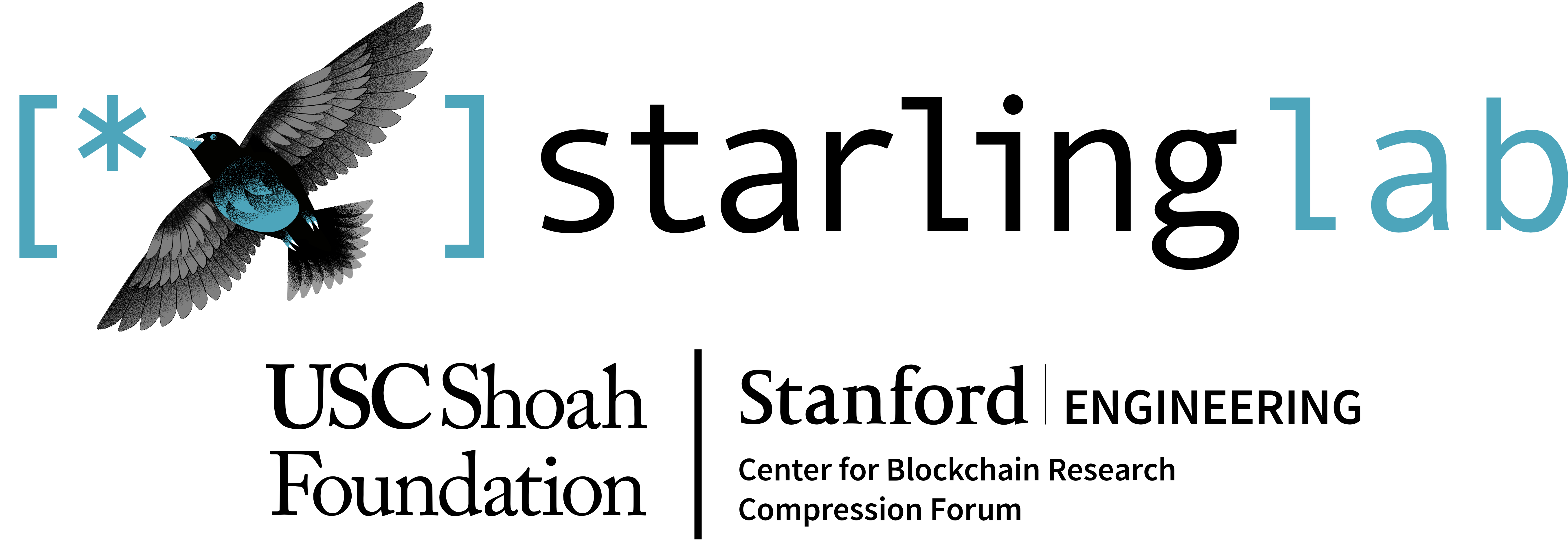
Lead the Legal and Accountability lab. Focus on the evidentiary value of integrity and authenticity data e.g. C2PA. OSI verification, U.S. federal authentication rules. Preservation of at-risk collections of evidence.
 + etc.
+ etc.Subscription-based consultant technologist and sysadmin service with two clients, incl. Global Witness. Advise investigative reporting initiatives on workflow and technical, cloud-based resources. IAM policies, lambdas, information design, chasing whitespace chars in Ansible.
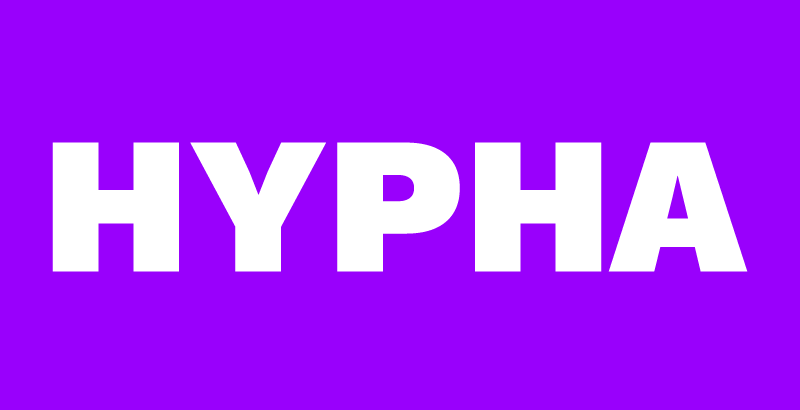
Independent contractor to Hypha Worker Co-operative focusing on bringing opportunities from the field of provenance and authenticity metadata, incl. C2PA/VCs.
misc
Advisory board at Airwars on technical and architectural matters; technical advisor to the Hala Protocol on Audio. Resident at the Investigative Commons. Advisory board at the Visual Evidence Lab, CU Boulder.
Freelance work with TBIJ, Correctiv, Tactical Tech, Dot•Studio, among others.
Get in touch to discuss: legal research & drafting, op-ed publishing, ghost writing, data visualisation commissioning.
👔 Past employment
I have a decade’s experience as a journalist in the UK, where I worked for large broadcasters, newspapers, and agencies:
- Editor, Graphics, Europe Middle East and Africa, Reuters
- Senior interactive journalist, The Times and The Sunday Times
- Newsroom developer, The Times and the Sunday Times
- Coder-journalist, BBC News Labs
I also co-founded Airwars, a non-profit monitoring organisation exposing the harm done to civilians by air conflicts. I now advise the organisation as advisory board member on a range of topics including technical architecture, security, and preservation of the archive.
Portfolio
For Prototype Fund:
The Digital Evidence Toolkit
Public/private 50,000€ grant for the r&d of proof-of-concept techniques highlighting the uncertain legal framework of digital evidence admissibility and chain of custody.
🔗 See the piece
👉 Read all about it
Typescript
Svelte
Grant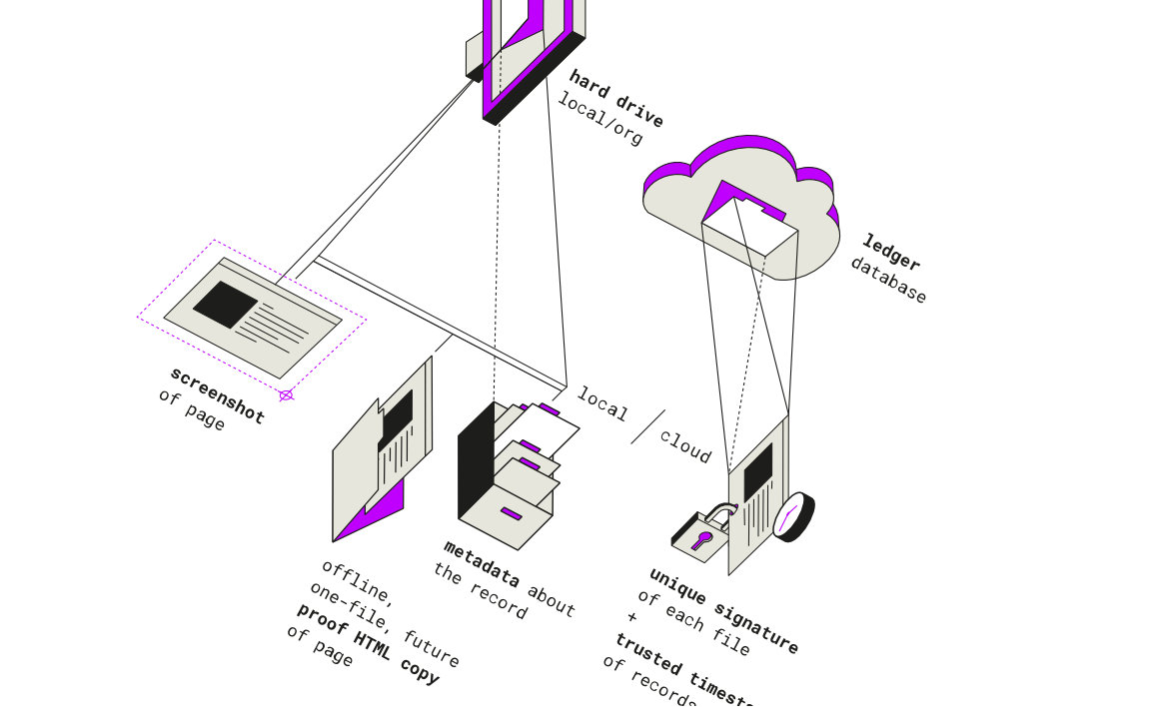
For Global Witness:
The “Pipedown” map
A short contract bringing to life the dataset on which GW’s campaign was based, modular once again, and published both from the CMS and as a standalone.
🔗 See the piece
👉 Read all about it
Visualisation
Cartography
D3
Svelte
NGOFor Reuters:
Brexit through machine learning
A data-driven experiment looking at how Brexit splits the Tories. Don’t miss the even-nerdier, machine learning-driven complement.
🔗 See the piece
👉 Read all about it
Visualisation
R
Data modelling
Scraping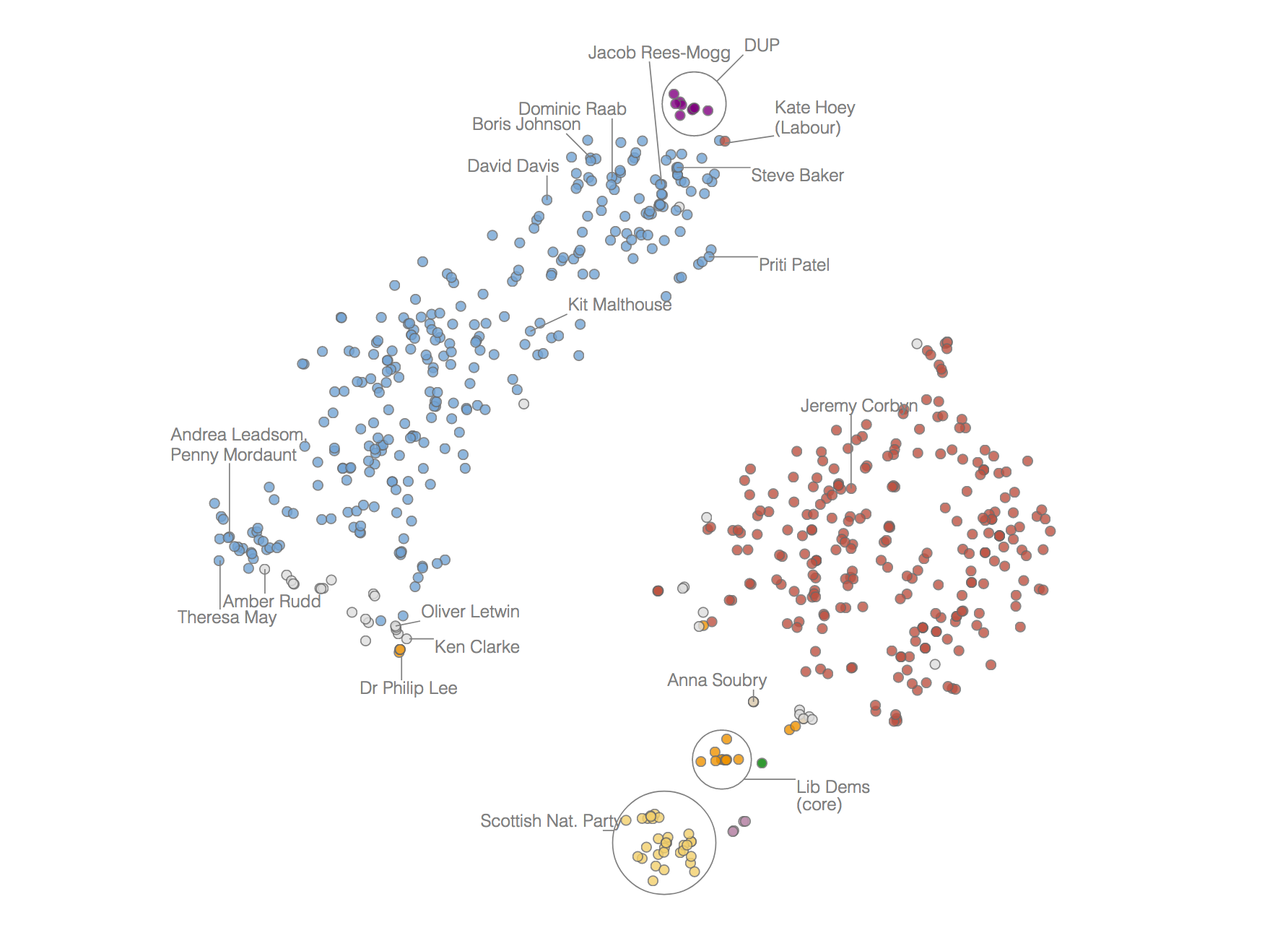
For Christmas:
Pen plotter maps
Pen-plotted bicycle journeys on postcards, from a minimal implementation of GPX in R.
Visualisation
R
Pen plotterOpen source work
Fortunately I was able to open-source some of the work I have done:

deptoolkit
An archiving software demonstrating chain of custody based on an immutable ledger
on github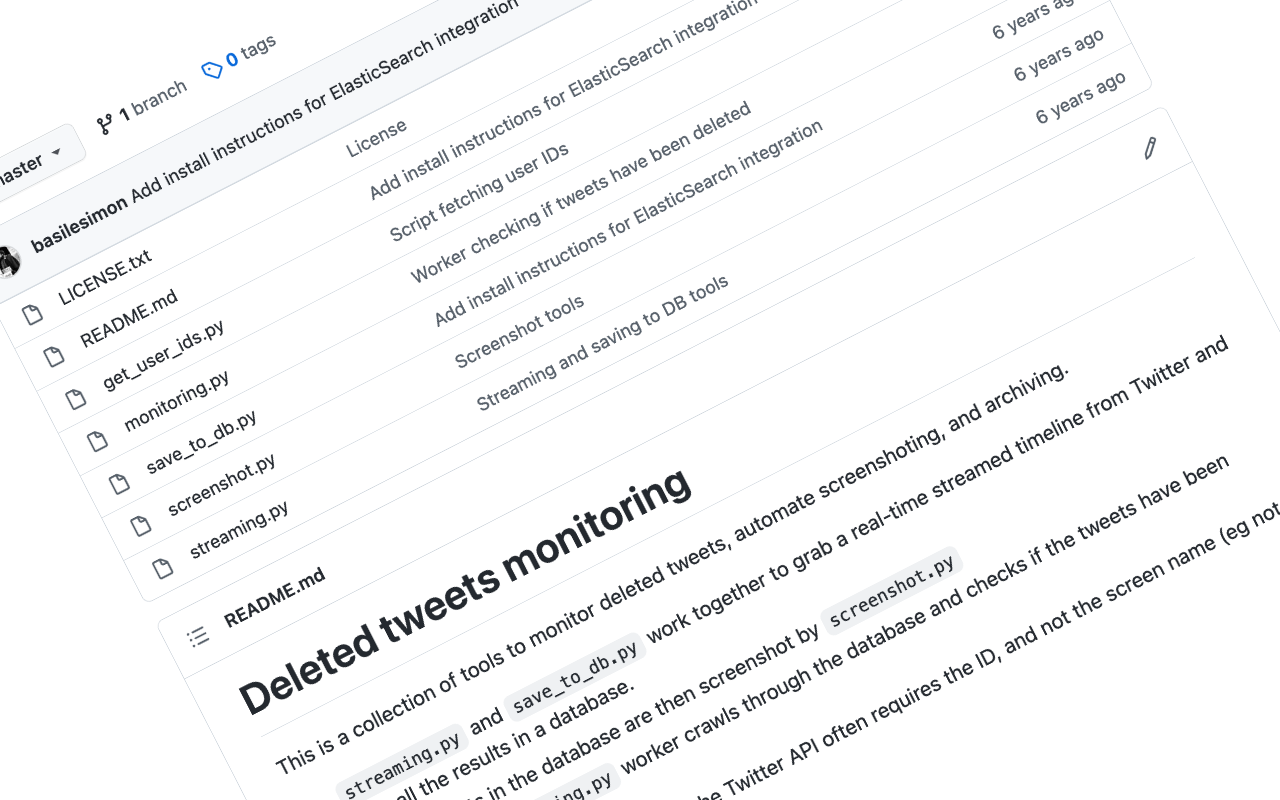
twitter-tools
A Python toolkit to monitor deleted tweets, automate screenshoting, and archiving
on github🎓 Academic work
Since early 2024, I have been a Fellow with Stanford Electrical Engineering professor Tsachy Weissman, pursuing original research in respectful sharing mechanisms of strongly-authenticated digital evidence and verification tools between civil society organisations and UN mechanisms.
I guest lecture at Stanford during the Spring Quarter, as part of the EE292J class: Designing for Authenticity.
Before I joined Stanford,
I had the privilege of teaching the Advanced Data and Coding
module
on the MA in Interactive Journalism course at
City University London. We ran through an introduction to
programming, statistical methods, R data analysis and modelling with
ggplot.
My teaching notes are
available on Github.
Degrees, etc.:
- Law Enforcement Video Association - Expert Witness Courtroom Testimony course
- Master of Arts in Multimedia Journalism - Univ. of Westminster (UK)
- Masters in Political Science and Sociology - High European Studies Institute (France)
- BA Private Law, minor Political Science - Univ. Lyon III (France)
🏅 Awards
44th News Emmy Award, Nominee, "Outstanding Interactive Media" / Overseas Press Club of America, Excellence in Int'l Affairs / National Press Club, Friedenberg Online Journalism Award
Society of News Design
Award of Excellence, 2019Kantar Information is Beautiful
Long list, 2019Al Jazeera Canvas Media in Context, Doha, Qatar
Greatest Impact and Distruption + Best DiffusionPopathon, Mozilla, Paris, France
Overall winner- Le 6 Mai 2012
🎙 Talks, publications, and references
📚 References
- "Referenced in UN report on counter terrorism, about the impact of using AI in countering terrorism"
From Ben Saul, Special Rapporteur on Counter Terrorism, 2025 - "Referenced in UN report in defense of human rights defenders"
From M. Lawlor, Special Rapporteur on Human Rights Defenders, 2024 - "Referenced as ‘best practice’ in UN Human Rights Council 53rd session report"
From F. Shaheed, Special Rapporteur on the right to education, incl. our monitoring of schools and their non-military use, 2023 - "Referenced in Munich Security Report on military actions and civilian harm in Syria"
Munich Security Conference, 2016
🎙 Talks
- "Closed door session on catching a war criminal in the 21st century"
Yale Law School, 2025 - "Web Archives as Evidence"
Int’l Internet Preservation Consortium, Oslo, 2025 - "Justice by Video Workshop, Evidence and Deepfake session"
Chair of roundtable, whitepaper advisor at CU Boulder Visual Evidence Lab, 2025 - "Law, Evidence, and Generative AI"
Roundtable for the State Dpt Glocal Criminal Justice, Washington DC, 2024 - "New Frontiers in Evidence conference"
Inner Temple, London, 2023 - "Career paths for news nerds (or lack of them)"
International Journalism Festival 2018, Perugia - "Airwars.org: a field report,two years on"
Hacks/Hackers Berlin 2017 - "Airwars: strike by strike"
Dataharvest 2016, Brussels + Hacks/Hackers Berlin - "Hackers trying to stay relevant: linked data and structured journalism at the BBC"
csv,conf,v2 2016, Berlin - "Passion > compensation"
Sud Web 2016, France - "Hacking the newsroom"
International Journalism Festival 2016, Perugia - "BBC News Labs, Linked Data, Datastringer: the Hacks and Hackers paradigm"
Computation + Journalism Symposium 2014, New York City - "Algorithms in Journalism: danger or opportunity?"
Assises du Journalism 2014, France
📝 Publications
- "If confusion is the commodity, certainty is the premium product"
Nieman Lab Prediction for Journalism, 2025 - "When Tech Disrupts Faster Than Rules Adapt: Drafting Emergency Guidance for AI-Affected Evidence"
in OpinioJuris, 2025 - "Journalists fight digital decay"
Nieman Lab Prediction for Journalism, 2024 - "Old and new doubts about verification of open-source imagery from gen AI"
in OpinioJuris, 2024 - "Legal rigor meets journalistic inquiry to yield groundbreaking investigations"
Nieman Lab Prediction for Journalism, 2023 - "Towards supporting criminal accountability"
Nieman Lab Prediction for Journalism, 2022 - "Whitepaper, Legal Roundtable on best practices for admissible web archives"
With Global Justice Advisors, Nicholas Taylor, and the Internet Archive, 2022 - "Working with data in the newsroom"
in The Data Journalism Handbook (Amsterdam University Press, 2021) - "Graphics, unite"
Nieman Lab Prediction for Journalism, 2020 - "We need better career paths for news nerds"
Nieman Lab Prediction for Journalism, 2017 - "Linked data and structured journalism at the BBC"
Guest post on Online Journalism Blog, 2016 - "Love thy reader, securely"
Nieman Lab Prediction for Journalism, 2015 - "Datastringer: easy dataset monitoring for journalists"
Paper on arXiv (PDF), 2014 - "From the BBC News Labs: Datastringer"
in Source (OpenNews), 2014 - "Covering the European Elections with Linked Data"
in Source (OpenNews), 2014 - "How We Are Exploring Mountains of Linked Data at BBC News Labs"
in Source (OpenNews), 2014
